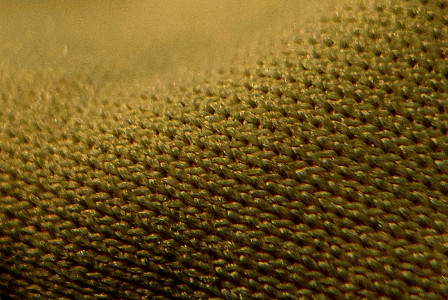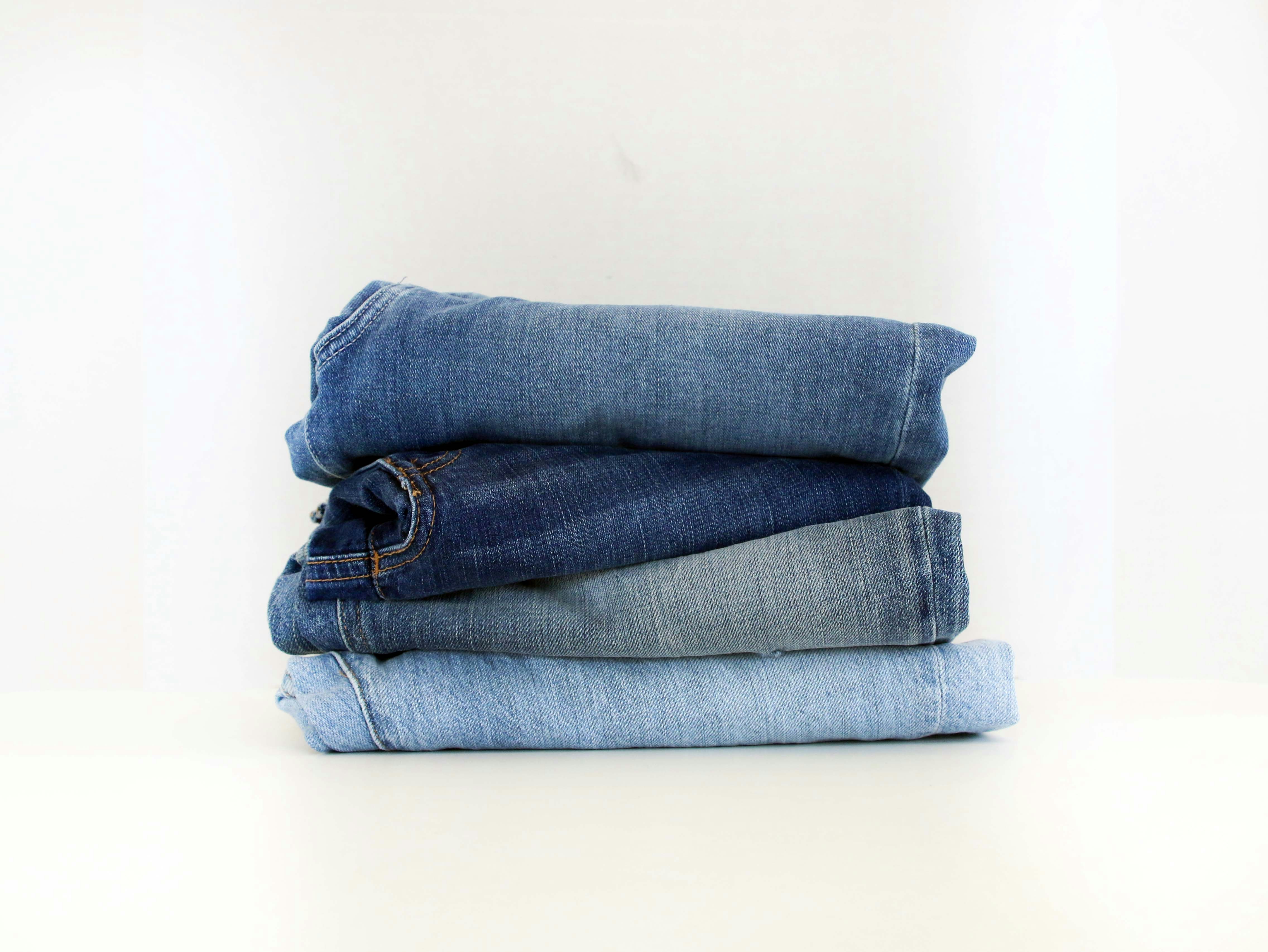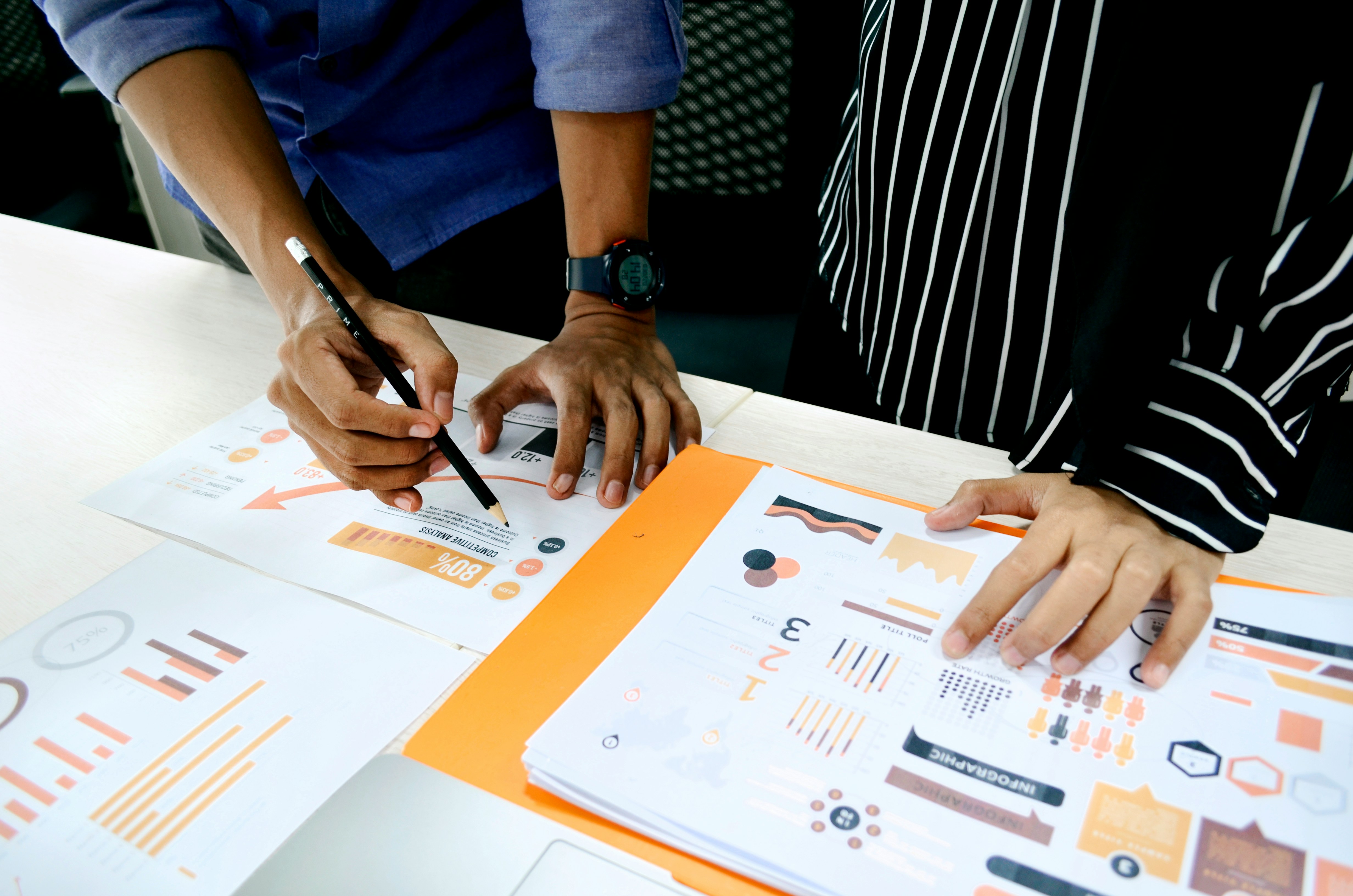Best practices
24 October 2025
BIOTEXFUTURE: transforming the textile industry towards bio-based materials
Best practices
24 October 2025
Infrastructure
Investments and funding
R&I, techniques and technological solutions
+7 more
Login / create an account to be able to react
-
103

BIOTEXFUTURE is one of the four bioeconomy innovation spaces funded by the former German Federal Ministry of Education and Research - BMBF (now Ministry of Research, Technology and Space) to support research-industry collaboration and develop cross-sector bio-based innovations. Since 2019 BIOTEXFUTURE has funded 20 projects developing bio-based alternatives for the textile sector, from algae-derived biopolymers to fungal-based solution for dying. All research projects in the portfolio work together to achieve the overarching vision to convert the textile value chain from petroleum-based to bio-based. Through its members, BIOTEXTFUTURE has created the largest network for textile bio-economy in Germany.
Adidas
RWTH Achen Univarsity
Topics
Albania
Armenia
Austria
Belgium
Bosnia and Herzegovina
Bulgaria
Croatia
Cyprus
Czechia
Denmark
Estonia
EU-27
Finland
France
Georgia
Germany
Greece
Hungary
Iceland
Ireland
Italy
Kosovo
Latvia
Liechtenstein
Lithuania
Luxembourg
Malta
Moldova
Montenegro
Netherlands
North Macedonia
Norway
Poland
Portugal
Romania
Serbia
Slovakia
Slovenia
Spain
Sweden
Switzerland
Türkiye
Ukraine
Other
Academic / Research and VET Institutions
Business Support Organisation
Company with 250 or more employees
Cluster Organisations
Consumer Organisations
Cultural and Heritage Organisations
Destination Management & Marketing Organisations
EU Institutions
Financial Institutions and Investors
Industry Associations and Chambers of Commerce
International Organisations
Local Authorities
Media / Journalist Organisations
National authorities
Networks and Federations / Confederations
NGOs / Non-profits
Notified Bodies
Regional Authorities
SMEs (a company with less than 250 employees)
Social Economy Entity
Trade Unions
Other
-
Transition Pathway's building blocks
-
-
Infrastructure
-
Investments and funding
-
R&I, techniques and technological solutions
-
Social dimension
-
Sustainable competitiveness
-
-
Industrial ecosystems
-
-
Textile
-
-
Textiles ecosystem areas
-
-
Fibres, yarns and fabrics
-
Technical textiles
-
Research and Innovation
-
Technology and Machinery
-
Share
BIOTEXFUTURE is an open innovation platform where companies, universities, research institutes, and associations collaborate to accelerate the transition of the textile industry from petroleum-based to bio-based materials. Members of BIOTEXFUTURE can submit project proposals and receive public funding from the German Federal Ministry of Education and Research (BMBF). They also participate in networking events, knowledge exchange, and joint research activities within a protected environment governed by a non-disclosure agreement (NDA).
A clear vision for industry transformation
BIOTEXFUTURE's mission is to reduce the global dependence on synthetic, petroleum-based fibres that cause environmental, social, and economic problems. The initiative aims to transform the textile value chain by developing sustainable bio-based raw materials, mapping their application from biopolymer to finished textile, and addressing the broader societal transformation towards bioeconomy.
Structured research for systemic change
Since its launch in 2019, the initiative has funded 20 research projects across five key areas:
- Substrate and Material Development: for example, the BioBase project replaced petroleum-based materials with biopolymers, achieving equivalent performance in sportswear, automotive, and interior textiles.
- Product and Process Development: for example, the BioTurf project created artificial turf from bio-polyethene using thermobonding technology, now operational as a demonstration pitch in Aachen.
- Textile Finishing: for example, the BioCoat project developed protein-based coatings, achieving 99.998% bacterial reduction and moisture management over ten wash cycles without hazardous chemicals.
- Circular Economy: for example, the CircWool project established solvent-based recycling, converting wool waste into pure keratin fibres.
- Social Development: for example, the TransitionLab project researches technology acceptance, consumer behaviour, and ethical-legal aspects to facilitate societal transformation toward bioeconomy.
Collaborative governance for practical results
BIOTEXFUTURE's management structure demonstrates the value of cross-sector collaboration. The Institute of Textile Technology (ITA) and the Institute of Sociology at RWTH Aachen provide research leadership, while Adidas AG leads as industry partner. This configuration ensures that research remains grounded in practical market requirements while maintaining scientific rigour.
BIOTEXFUTURE functions as a coordinated innovation space rather than isolated projects, fostering sustained collaboration that connects laboratory developments with market readiness while tackling barriers to bio-based fibre adoption. Open to organisations worldwide at no cost, it offers a protected environment for sharing knowledge and exploring opportunities beyond traditional competitive boundaries. In this way, BIOTEXTFUTURE has created Germany's largest network for textile bio-economy.
Comments (0)
See also
Prolonging the lifespan of denim: repair and reuse services at Nudie Jeans
- Categories
- R&I, techniques and technological solutions Skills Social dimension +10 more
BALI Chaire: Multi-stakeholder collaboration as a driver of systemic change
- Categories
- R&I, techniques and technological solutions Skills Social dimension +9 more
EU channels €207 billion towards Digital Decade goals
- Categories
- Infrastructure Investments and funding R&I, techniques and technological solutions +28 more




